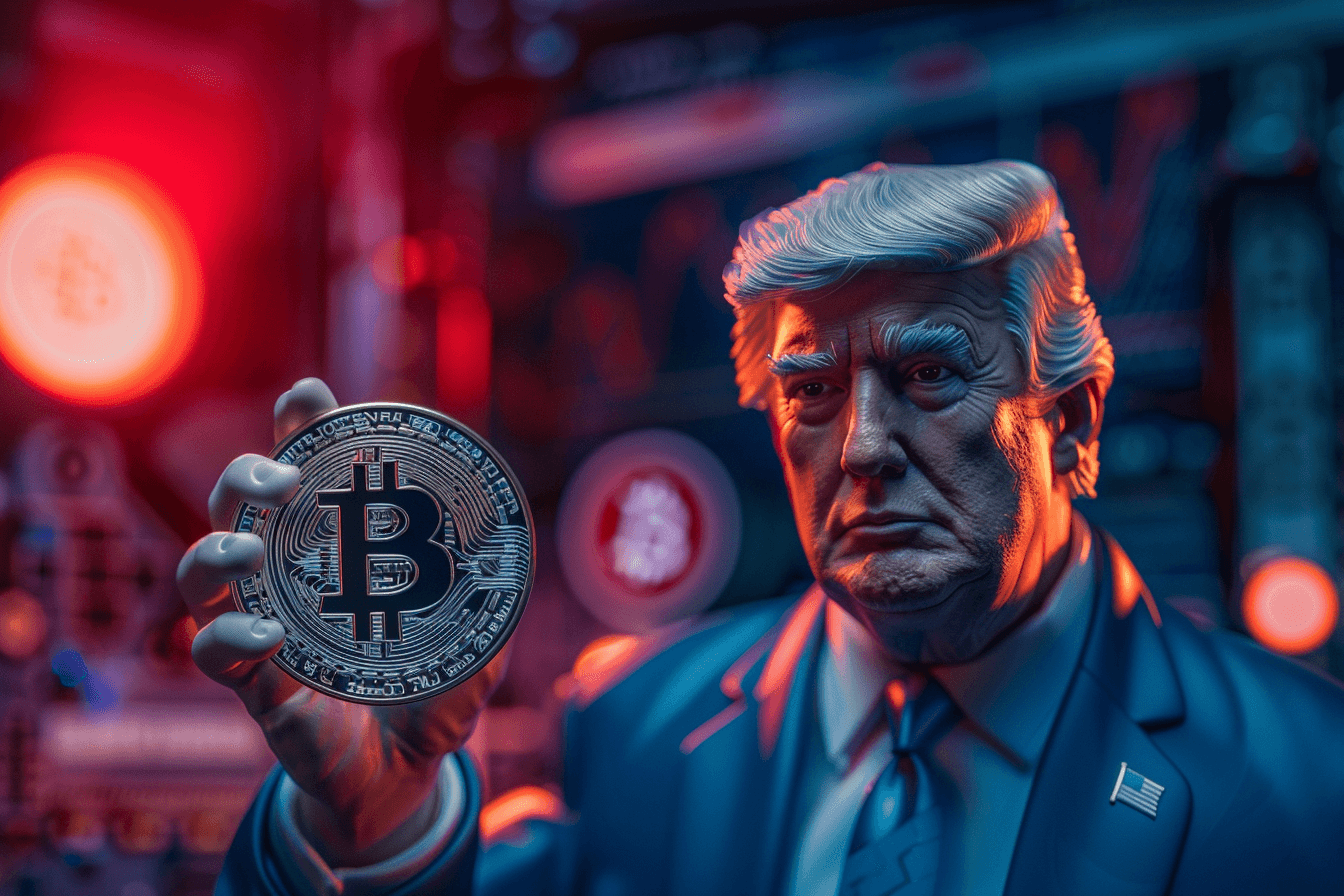Former (and maybe future) President Donald Trump is changing his stance on bitcoin. During an interview on TV, he spoke about cryptocurrency in a quite favorable way.
Donald Trump talks about BTC
Trump appeared on Fox News. Suddenly, the topic of cryptocurrency came up in the conversation. The politician confirmed the growing popularity of bitcoin, especially among youth and African-American communities.
Honestly, (crypto)currency has taken on a life of its own. I'll probably have to make some adjustments, as you know
– Trump suggested. He added that “many people support” the idea of BTC.
More and more often I see people who want to pay with bitcoin
– He admitted.
This contrasts with what Trump has said about BTC in the past. One of his colleagues claims that when he was still living in the White House, he wanted to “deal” with bitcoin and, by implication, ban it. In 2021, he already publicly spoke out against cryptocurrencies. He stated that these are “air-based” and called bitcoin itself a “fraud”. He added that BTC is trying to compete with the dollar. Quite stereotypically, he suggested that the coin created by Satoshi Nakamoto is mainly used by criminals.
CBDC ban
Why this change in Trump's approach? It's not necessarily that he suddenly became a fan of BTC. It is possible that he is fighting for a certain electorate who will vote for him precisely because he has become pro-Bitcoin (at least compared to Joe Biden).
In addition, there is Trump's declaration that if he wins the presidential election, he will prevent the issuance of CBDCs. This is an open fight for voters of Ron DeSantis (he withdrew from the race for the White House) or Vivek Ramaswamy (he is no longer a candidate and has paid something like a tribute to Trump). Robert F. Kennedy Jr., an independent candidate who may also steal a pinch of voters, is also opposed to the issuance of a digital dollar.
Currently, there are many indications that Trump will win the US elections, making him the second US president to return to the White House after a one-term break (the last such situation occurred in the 19th century).

